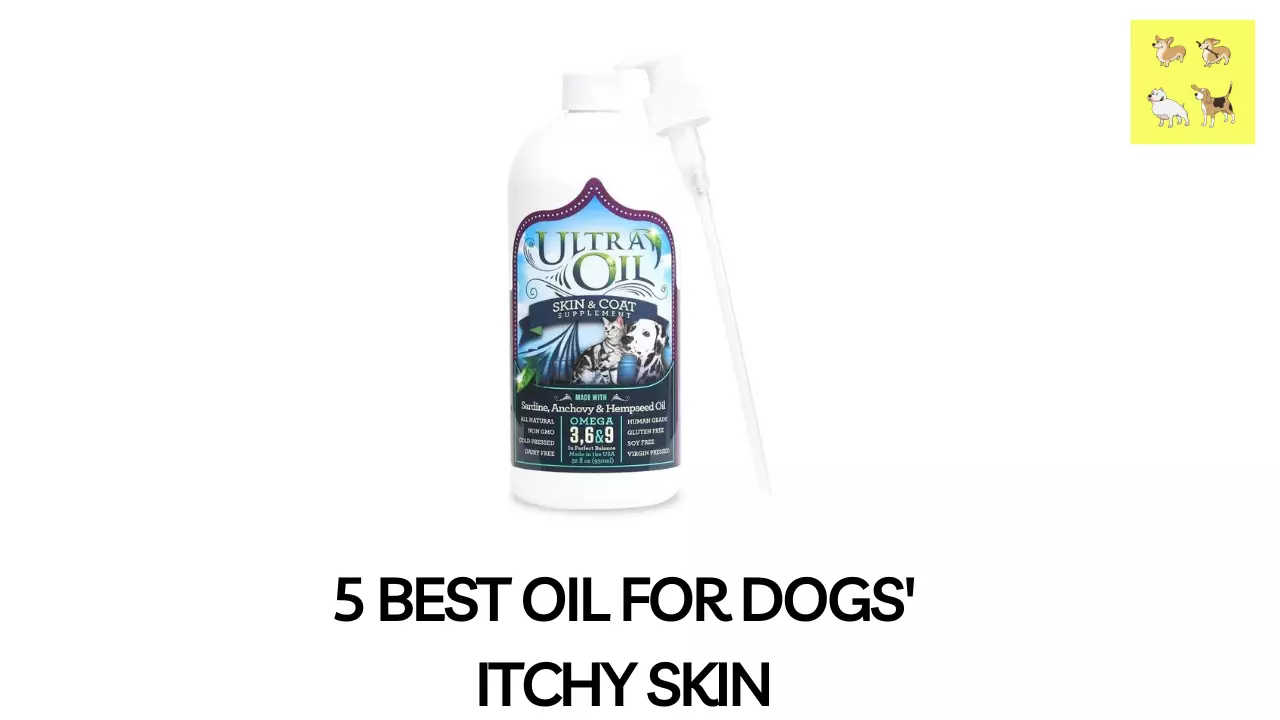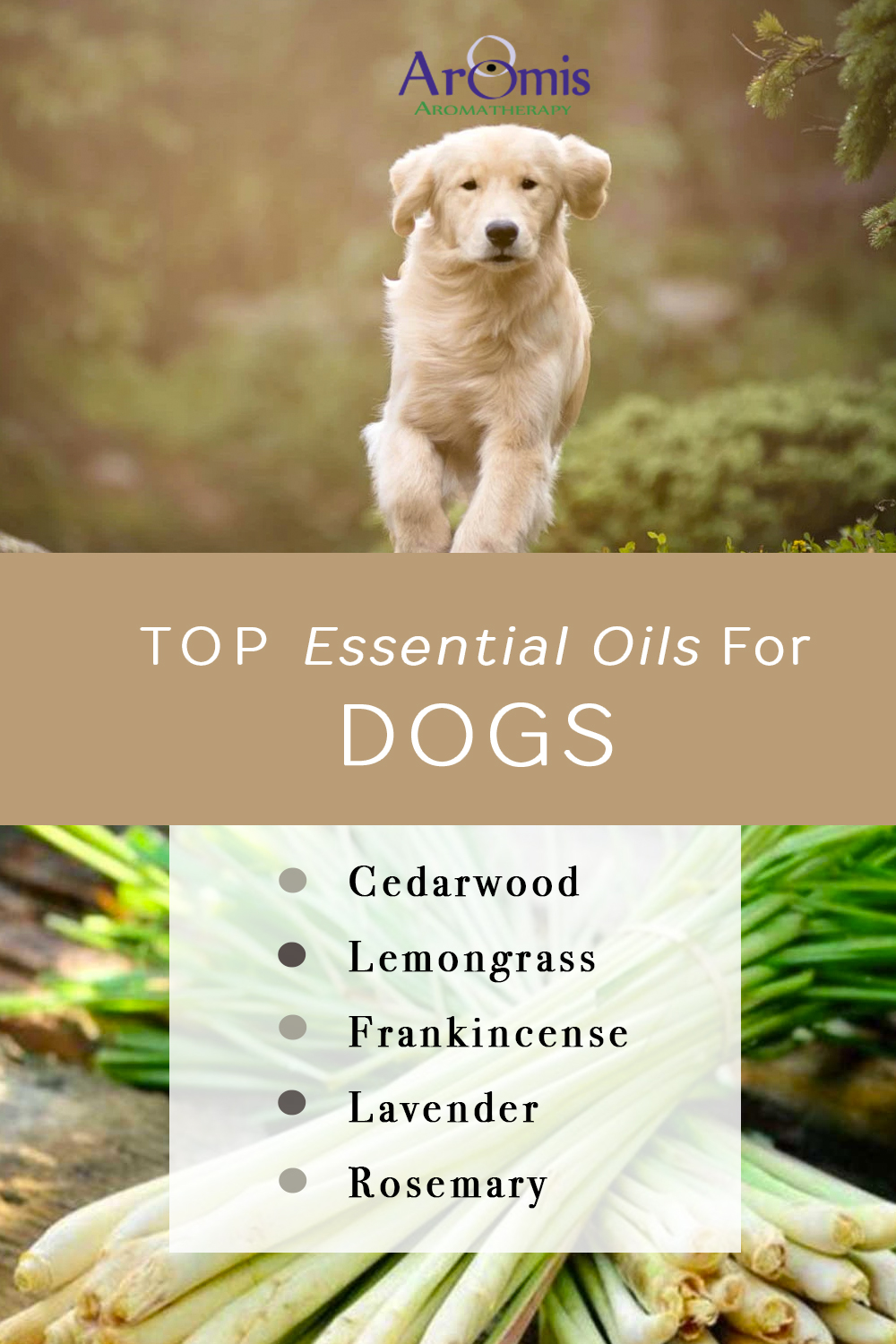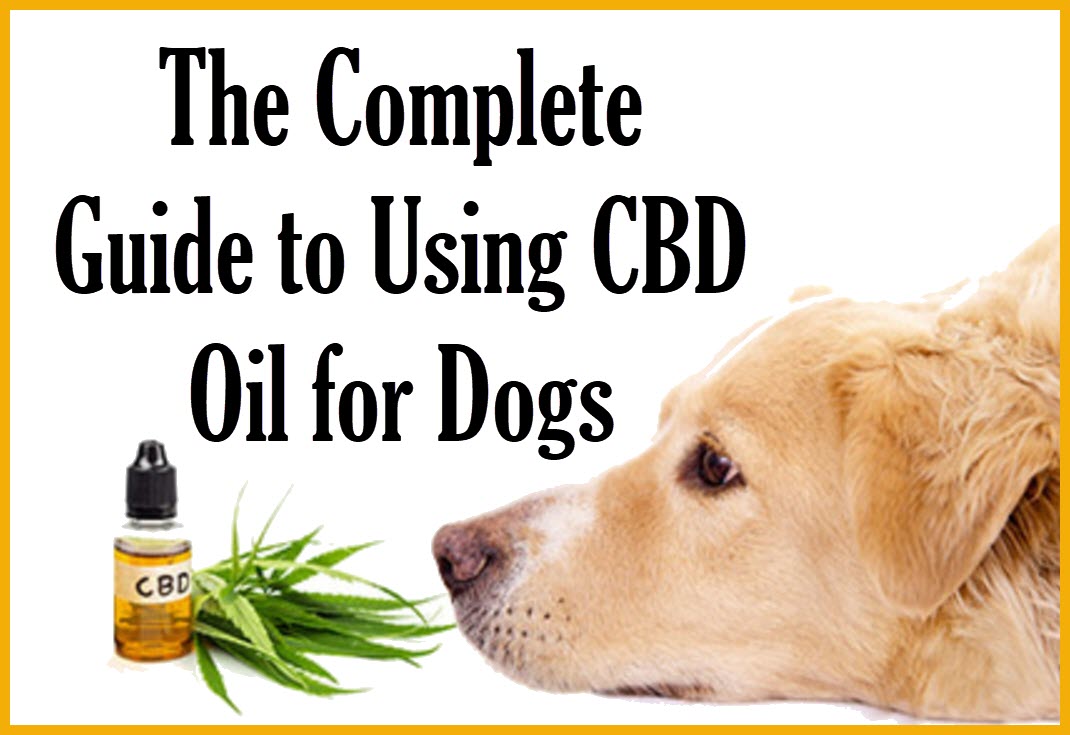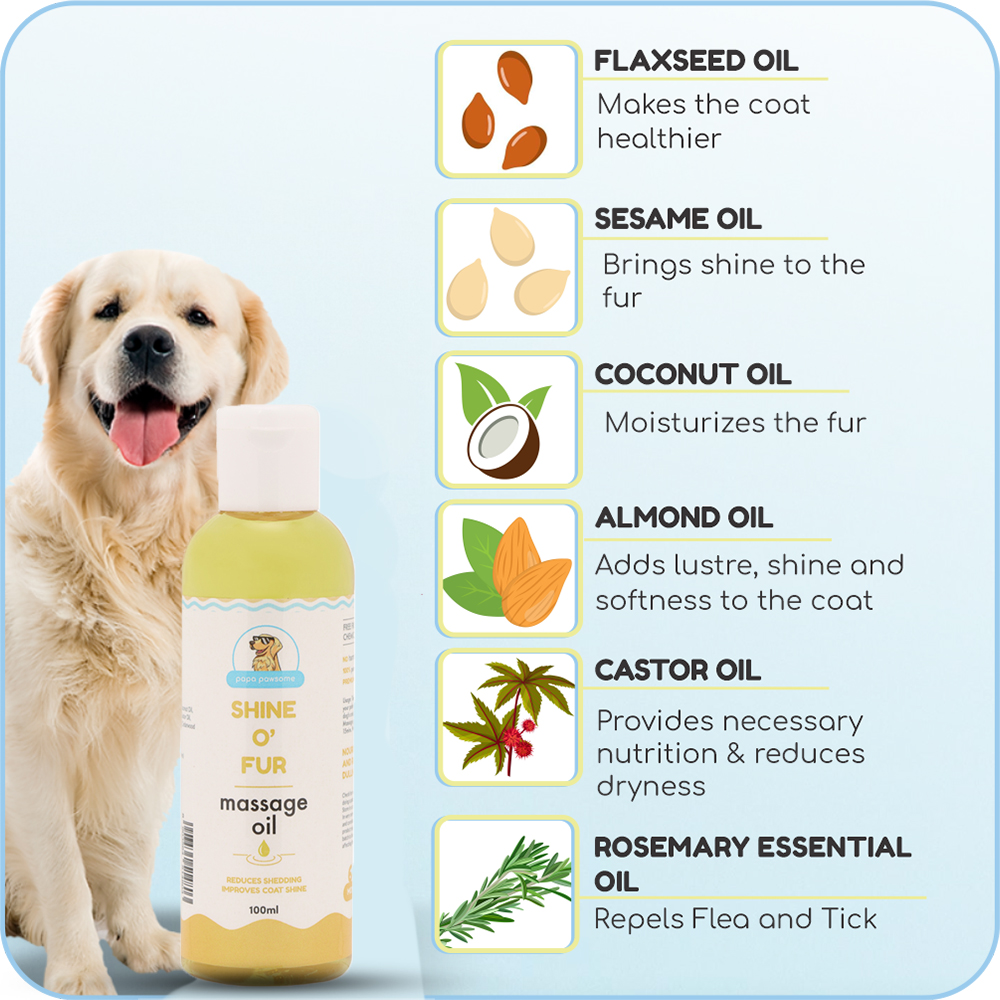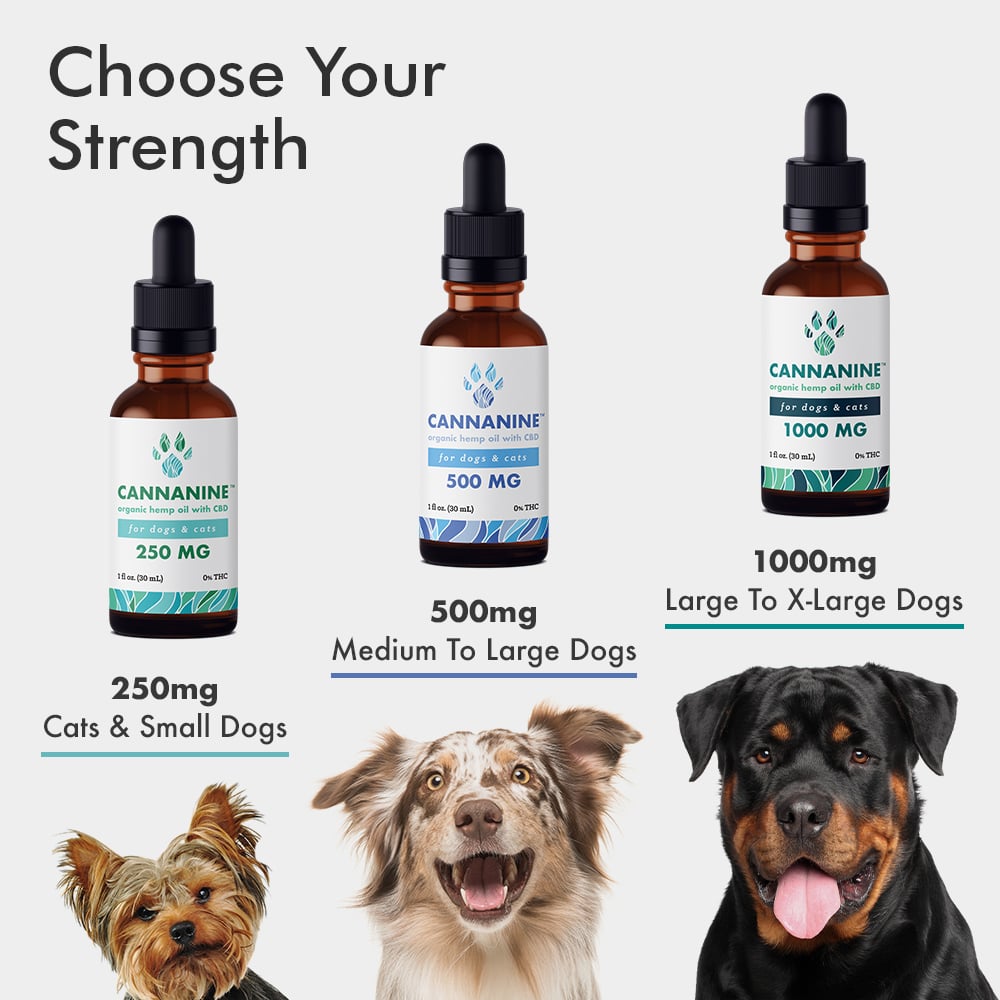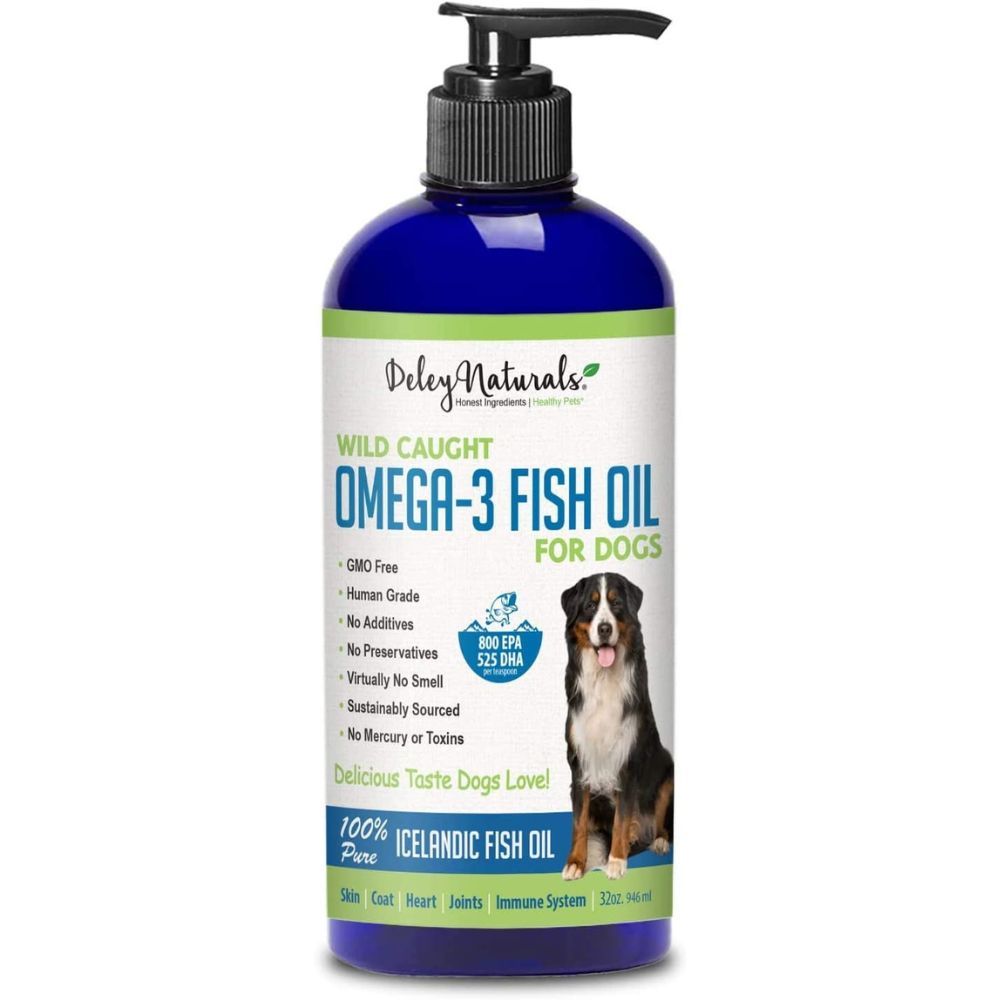What Is The Best Oil For Dogs

The quest for optimal canine health often leads owners down a complex path, fraught with conflicting advice and a dizzying array of products. Among the most debated topics is the role of dietary oils in supporting a dog's well-being. Choosing the right oil can potentially enhance everything from coat quality to cognitive function, but the wrong choice could lead to adverse health consequences.
This article delves into the science behind various oils marketed for dogs, examining their potential benefits and drawbacks. We'll explore the most popular options, like fish oil and coconut oil, backed by research and expert opinions. The aim is to provide dog owners with a comprehensive guide for making informed decisions about their pet's nutritional needs.
Understanding the Basics of Oils for Dogs
Dietary oils provide essential fatty acids (EFAs) that dogs cannot produce on their own. These EFAs are crucial for cell structure, immune function, and overall health. The two main types of EFAs are omega-3 and omega-6 fatty acids, and maintaining a proper balance between them is vital.
While omega-6 fatty acids are generally abundant in most commercial dog foods, omega-3 fatty acids are often lacking. Supplementation with omega-3-rich oils can help address this imbalance and promote a healthier inflammatory response. This is key to minimizing chronic inflammation, which contributes to various diseases.
The Power of Omega-3 Fatty Acids
Omega-3 fatty acids, particularly EPA (eicosapentaenoic acid) and DHA (docosahexaenoic acid), are the stars of the show when it comes to canine health. EPA and DHA offer a multitude of benefits, supported by numerous studies.
Fish oil, derived from oily fish like salmon, mackerel, and sardines, is a prime source of these essential fatty acids. It's widely recognized for its ability to improve skin and coat health, reducing itching and dryness.
Studies have also shown that omega-3s can benefit dogs with osteoarthritis. They can help reduce joint pain and inflammation, leading to improved mobility and quality of life.
"Omega-3 fatty acids have shown promise in managing canine osteoarthritis by reducing inflammation," states the American Veterinary Medical Association (AVMA) in a recent publication on canine joint health.
Furthermore, DHA plays a crucial role in brain development and cognitive function, particularly in puppies and senior dogs. Supplementation can improve learning abilities and potentially slow cognitive decline.
Exploring Alternative Omega-3 Sources
While fish oil is the most popular option, concerns about sustainability and potential contaminants have led to the exploration of alternative omega-3 sources. These sources offer valuable options for dog owners seeking eco-friendly or allergy-friendly alternatives.
Krill oil, derived from tiny crustaceans, is another source of EPA and DHA. It boasts higher bioavailability than fish oil, meaning the body can absorb and utilize it more effectively.
Algae oil is a plant-based source of omega-3s, derived directly from the algae that fish consume. This option is suitable for vegetarian or vegan dogs and eliminates the risk of fishy odor.
Flaxseed oil is a vegetarian source of omega-3, containing ALA (alpha-linolenic acid). However, dogs are not as efficient at converting ALA to EPA and DHA, making it a less effective source of these vital fatty acids.
Beyond Omega-3s: Other Beneficial Oils
While omega-3 fatty acids are the primary focus, other oils can offer unique benefits for dogs. These oils may target specific health concerns or provide additional nutritional support.
Coconut oil is a popular choice, often touted for its antimicrobial and skin-soothing properties. It contains medium-chain triglycerides (MCTs), which can be easily digested and used for energy.
However, the scientific evidence supporting the health claims surrounding coconut oil is limited. While some studies suggest potential benefits for skin conditions, more research is needed to confirm these findings.
Olive oil, rich in monounsaturated fats and antioxidants, can promote cardiovascular health and support immune function. It can also improve coat shine and reduce dryness.
Sunflower oil is a source of omega-6 fatty acids and vitamin E. While omega-6s are generally abundant in commercial dog foods, sunflower oil can be a useful addition for dogs with specific dietary needs, under the guidance of a veterinarian.
Considerations and Cautions
Choosing the right oil for your dog involves several factors, including their age, breed, health status, and dietary needs. Consulting with a veterinarian is crucial before introducing any new supplement to your dog's diet.
Dosage is also critical, as excessive oil intake can lead to digestive upset and weight gain. Start with small amounts and gradually increase the dose as needed, according to your veterinarian's recommendations.
Quality matters. Opt for reputable brands that have undergone third-party testing to ensure purity and potency. Be mindful of potential contaminants, such as mercury in fish oil.
Pay attention to storage instructions. Oils can become rancid when exposed to light, heat, and air. Store them in a cool, dark place, tightly sealed.
The Future of Canine Oil Supplementation
Research into the benefits of various oils for dogs is ongoing, with new studies continually emerging. Future advancements may lead to more targeted and effective oil supplements.
Personalized nutrition, based on a dog's individual genetic makeup and health profile, is a promising area of development. This approach could allow for customized oil supplementation plans tailored to specific needs.
The industry is also likely to see greater emphasis on sustainable and ethical sourcing of oils. Consumers are increasingly demanding transparency and accountability in the production of pet food and supplements.
Ultimately, the best oil for your dog depends on a variety of individual factors. While fish oil remains a cornerstone of canine health, other options like krill oil, algae oil, and coconut oil may offer specific benefits. By staying informed and consulting with your veterinarian, you can make the best decision for your furry friend's well-being.
:max_bytes(150000):strip_icc()/pethonest-77f9ecbc78e7442986a8102df06c7cfd.jpg)







